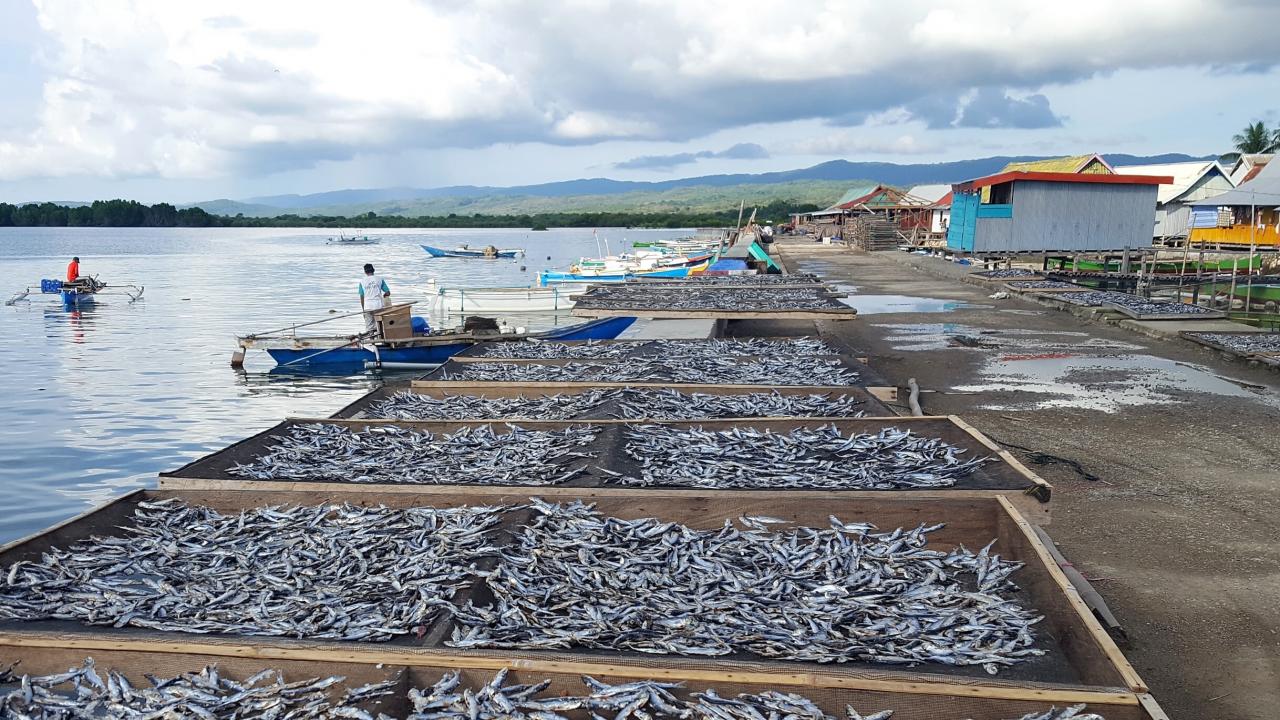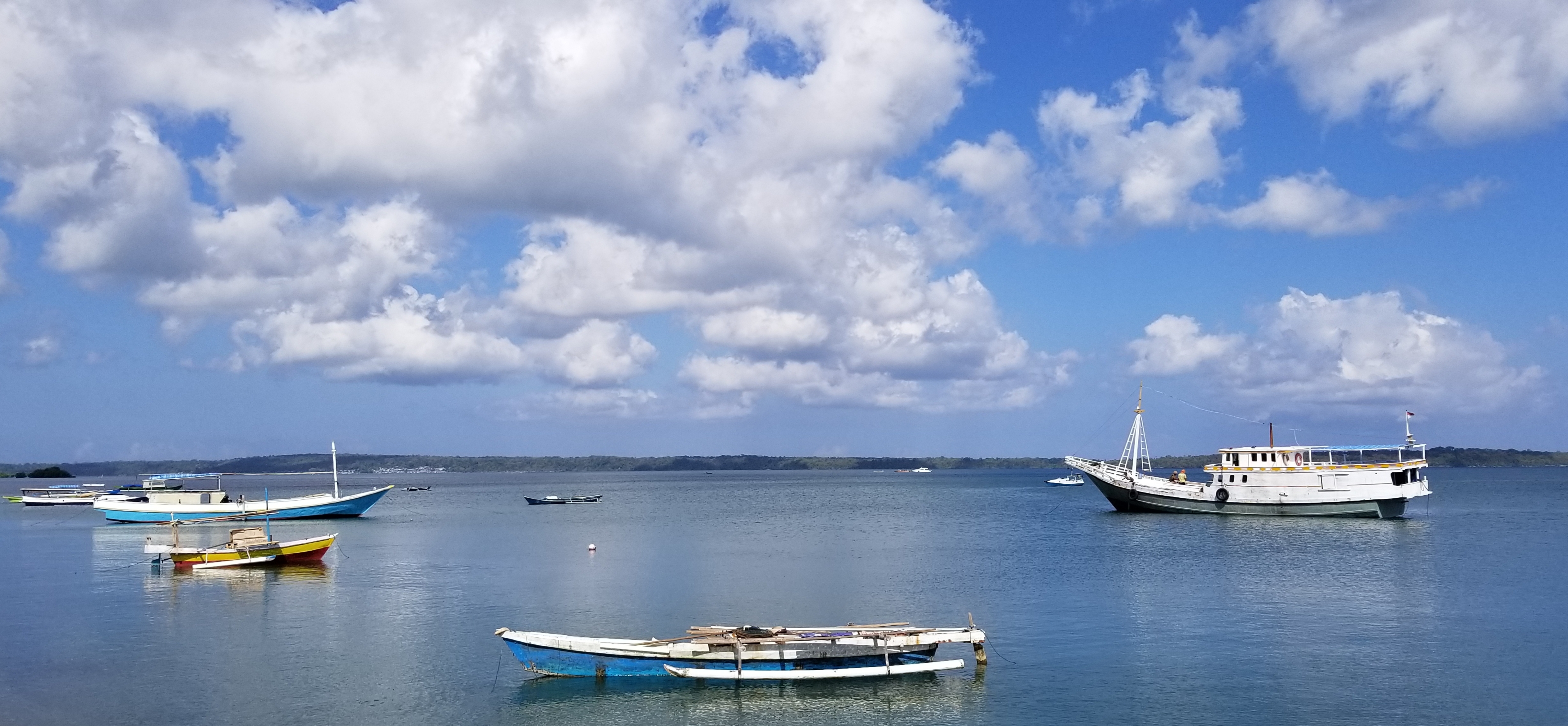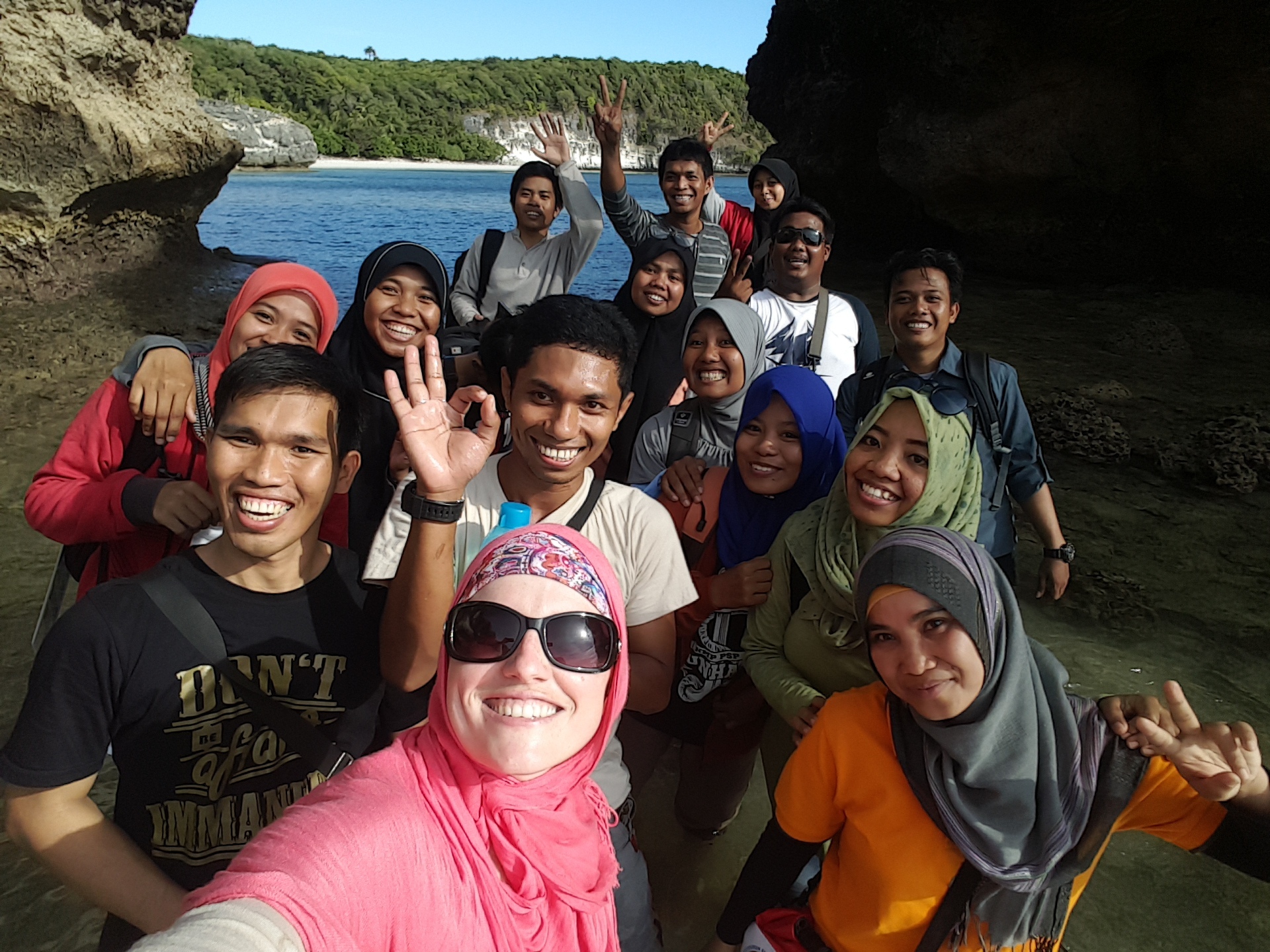
How Do Sustainable Development Policies Impact Rural Coastal Communities?
Written by: Jessica Ramos
Marine conservation and poverty alleviation in rural coastal economies might be better achieved through stimulus programs that target alternative sectors other than fishing, according to a recent study led by Amanda Lindsay (Economics Accounting & Management, Luther College) with co-authors including Jim Sanchirico and J. Edward Taylor from the University of California, Davis.
Bolstering the Blue Economy in Developing Countries
The study, published in the Proceedings of the National Academies of Science (PNAS), examined the efforts of international organizations, including the Global Environmental Facility, UN Food and Agriculture Organization, the European Union, and the World Bank, who are investing hundreds of millions of dollars in developing sustainable development policies and programs focused on the “blue economy” in developing countries. These efforts seek to simultaneously alleviate poverty, support economic growth, and protect vulnerable marine ecosystems, including reductions in overharvesting of nearshore fish stocks, by incentivizing fishing further offshore and promoting alternative livelihoods (both fishing and non-fishing) that increase income within those rural economies.
Showcasing novel interdisciplinary tools developed by UC Davis, this research integrates the fields of development economics, natural resource economics, and ecology to examine the dual challenges of conservation and poverty alleviation faced by rural coastal communities, and indicates which sectors financial and policy resources can shift towards to best address those challenges. As co-author Jim Sanchirico (Environmental Science and Policy, University of California, Davis) explains, “Our research demonstrates the importance of considering how fishing contributes to the local economy, how the local economy operates, and ecological characteristics of the resources that are being harvested.”

Striking A Balance Between Economic Growth and Ocean Health
Historically, subsidies aimed at aiding the fishing industry have predominantly benefited large-scale fisheries, even to the detriment of small-scale fisheries who find themselves unable to compete with these industrialized operations. However, there’s been a recent surge in developing countries of investment in programs specifically designed to bolster the capacity and access of small-scale fisheries. Although these programs have become popular, there’s little available evidence to indicate that they are achieving the stated goals of poverty reduction and marine resource conservation.
By examining households that rely on small-scale production activities ranging from agriculture to animal husbandry and enterprise, plus marine fishing for sustenance or sale, researchers were able to weigh the effects of these programs, including unintended impacts to vulnerable, non-target households and pricing increases in nearshore fish types. According to lead author Amanda Lindsay, “We show that (sustainable development) policies implemented in rural coastal economies in developing countries can have unintended consequences that undermine their conservation and poverty alleviation goals over time.”

About the Study
Displaying the spirit of international partnership that UC Davis strives for, this study was a partnership between ecologists at University of Queensland and Hasanuddin University in Indonesia and was conducted by lead author Amanda R. Lindsay of Luther College and co-authors James N. Sanchirico of University of California and Resources for the Future, Ted E. Gilliland of Mount Holyoke College, Rohani Ambo-Rappe of Hasanuddin University, J. Edward Taylor of University of California, Davis, Nils C. Krueck of University of Tasmania, and Peter J. Mumby of University of Queensland.
This publication was made possible with research and funding support from the World Bank Global Environmental Facility Capturing Coral Reef & Related Ecosystem Services project, support from The David and Lucile Packard Foundation Grant 2014-40350, and the National Institute of Food and Agriculture.
